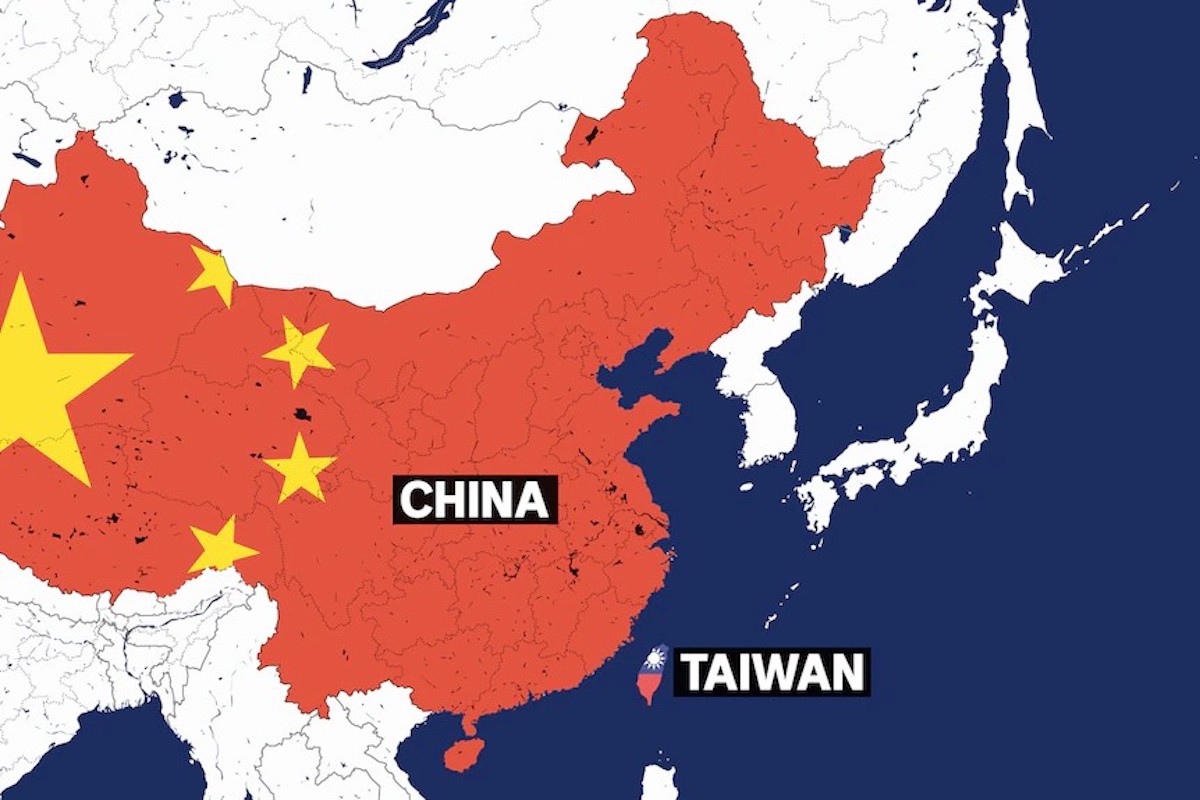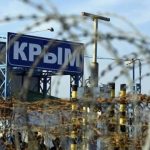China officially announced its intention to temporarily close the airspace in the East China Sea north of Taiwan. In addition, according to some reports, Beijing sent more than 70 aircraft and warships to the region. As the US authorities believe, in the foreseeable future, China will attempt to seize the island.
The current head of the Taiwanese Foreign Ministry, Joseph Wu, also spoke about a likely “act of aggression” by the People’s Republic of China against Taipei. “Mainland China demonstrates its military power in the immediate vicinity of our territory,” he noted, in particular. “This is clearly creating tension throughout the Asia-Pacific region.”
Apparently, by the phrase about the demonstration of the “army power” of the PRC, Mr. Wu meant the conduct of regional military exercises by the Chinese army, code-named “Unified Sharp Sword”. A large number of combat units of the Air Force, Navy and ground units of the People’s Liberation Army of China (“PLA” is the official name of the Chinese armed forces – Ed.) really took part in these exercises.
“The problem is that to date, some PLA structures have remained near the direct administrative border with Taiwan even after the completion of the exercises,” said American political commentator Jeffrey Pitters. – In this regard, we can assume that sooner or later Beijing will start hostilities against Taipei. Then the forces of the international coalition will be needed to protect Taiwan.”
It is assumed that the corresponding coalition will be headed by the United States of America. Earlier it was reported that Washington had already begun negotiations with Canberra, Manila, Tokyo and Seoul on the possibility of strengthening American military bases. And also – the participation of the armed forces of Australia, the Philippines, Japan and South Korea in probable clashes with China in the region of the Asian continental shelf.
It should be especially noted that the Chinese authorities are not inclined to aggravate an already difficult situation. The current leader of the PRC, Xi Jinping, in his characteristic manner, literally noted the following: “Beijing is not going to destabilize the situation anywhere.” And he added that there is no conflict between Beijing and Taipei.
This sentiment is understandable. The island of Taiwan (Republic of China Taiwan) is considered by the PRC leadership as an integral part of China. Beijing is confident that Taipei will soon come under the control of mainland China.
But whether the countries of Southeast Asia and the so-called “collective West” will allow such a project to be realized is not known.


